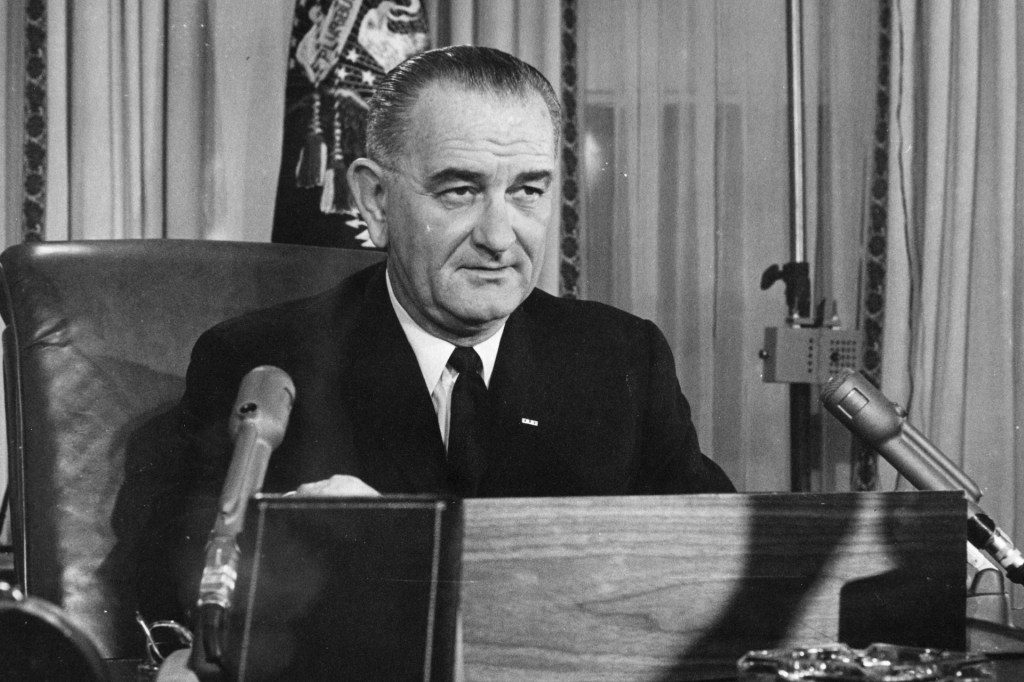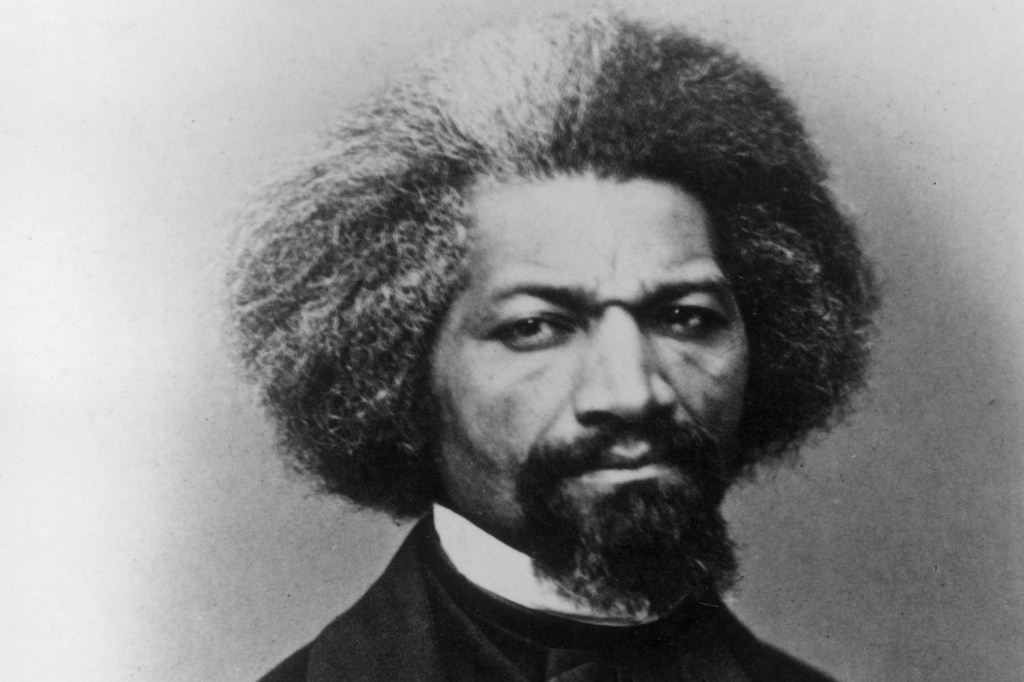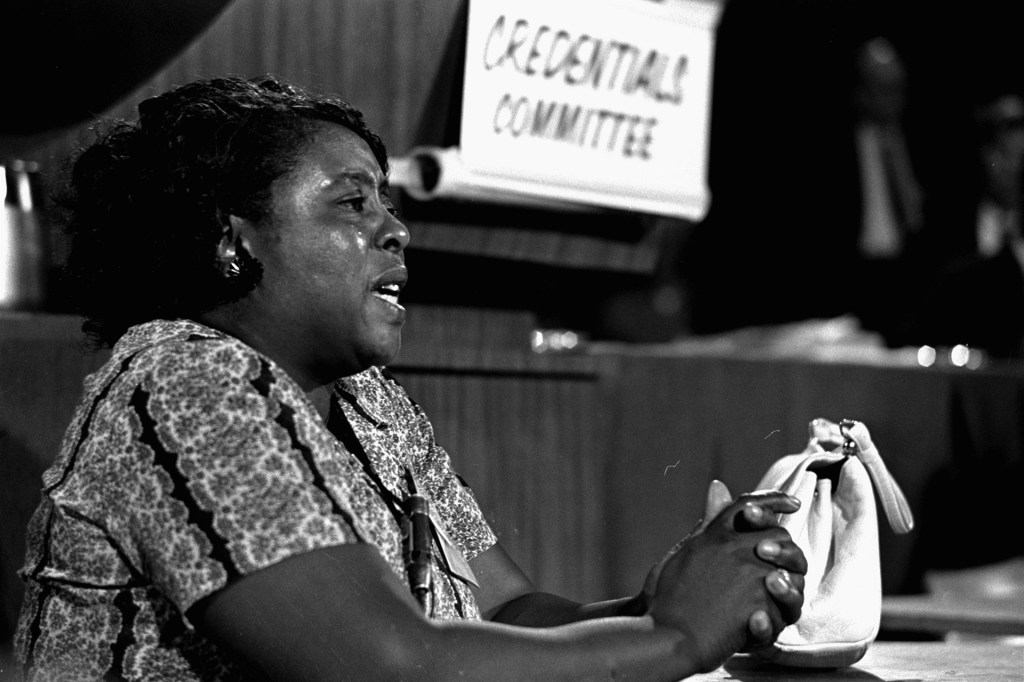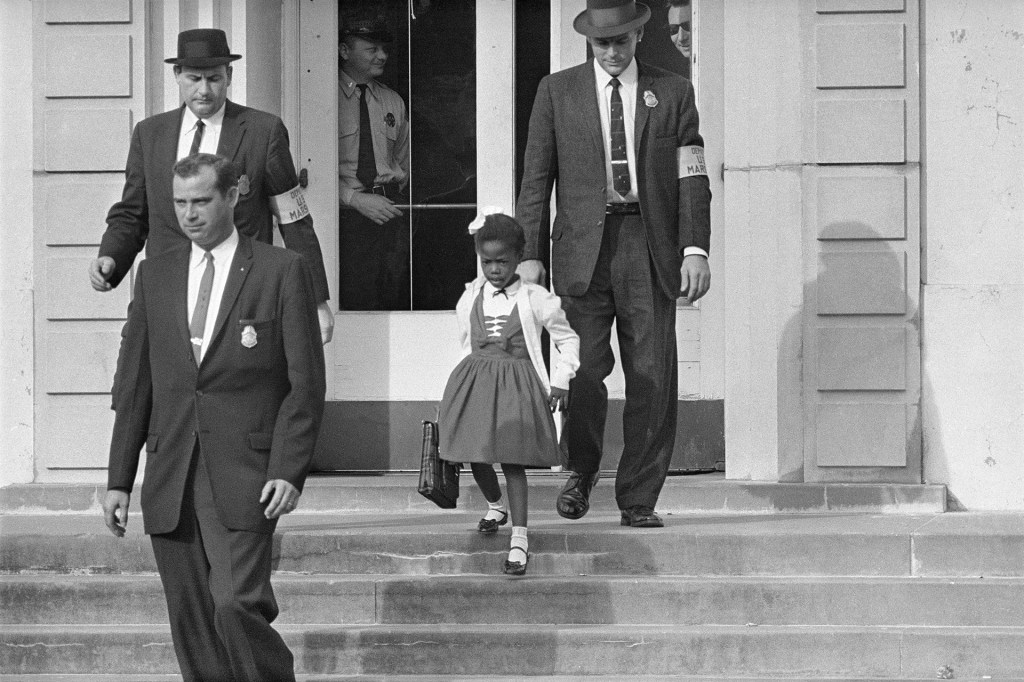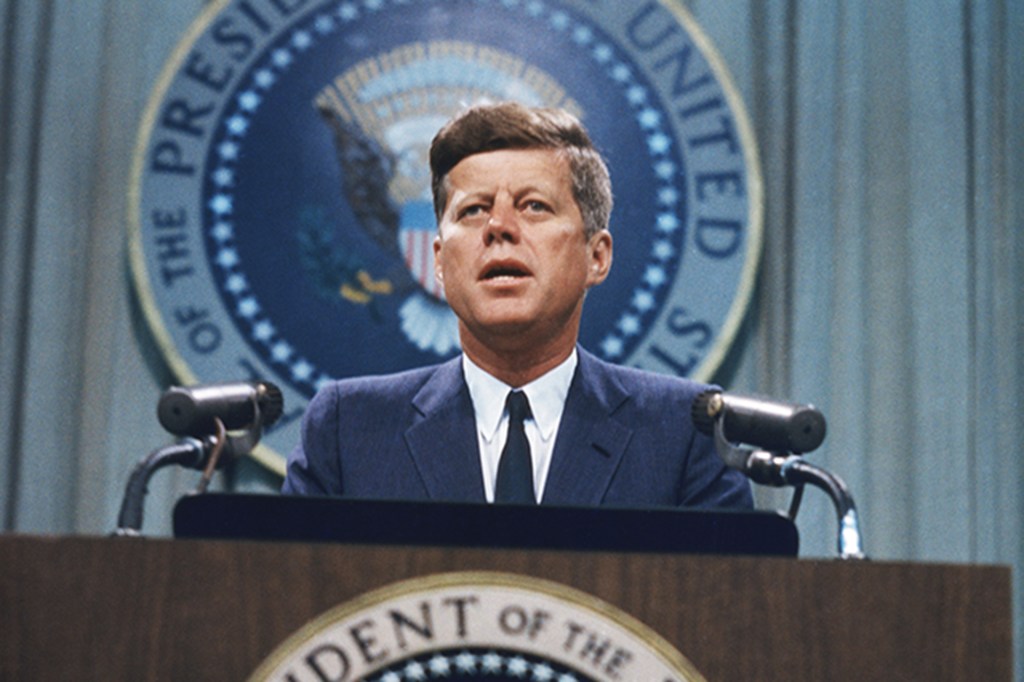Martin Luther King Jr.
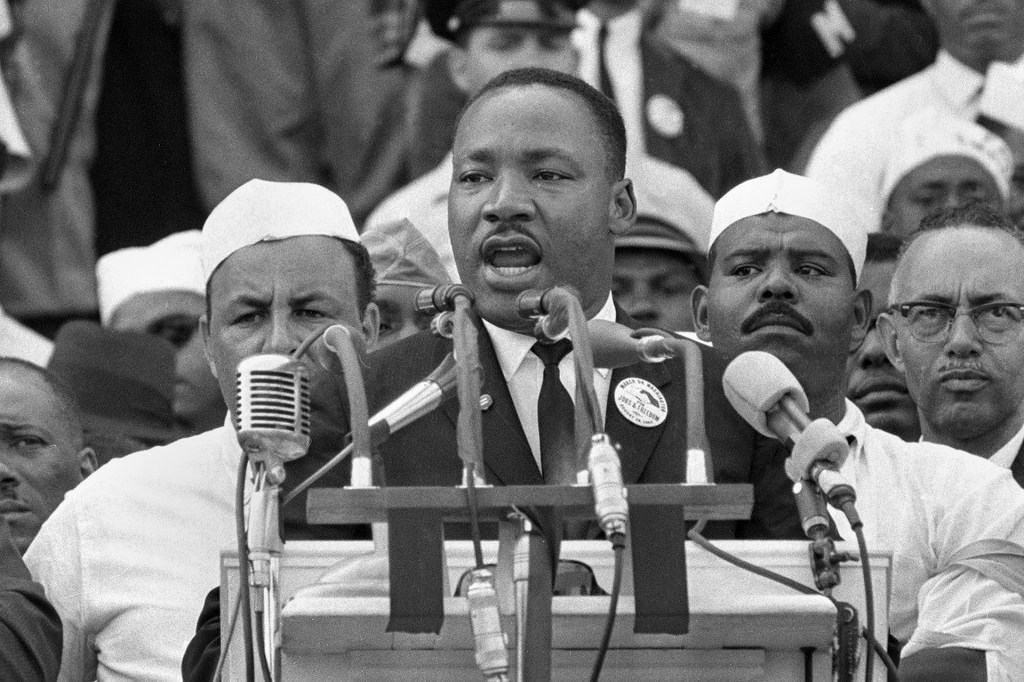
Martin Luther King Jr. (January 15, 1929—April 4, 1968) is considered one of history’s greatest speakers and social activists. His leadership in peaceful protests helped end segregation during the American civil rights movement.
When Martin Luther King Jr. was born, his parents, Michael and Alberta, gave him a different name from the one we know today. They called him Michael. But Michael Sr. later changed his name and his son’s to Martin Luther, after the famous religious leader. The middle-class family was very religious. Both Martin’s father and grandfather were pastors in Atlanta, Georgia. The King children grew up in a loving home but experienced racism from an early age.
Separate Is Never Equal
King attended segregated public schools in Georgia. He skipped the ninth and eleventh grades and graduated from high school at 15. It was around that time that he joined the National Association for the Advancement of Colored People (NAACP), a civil rights organization. King’s father led the NAACP’s Atlanta chapter.
In 1948, King graduated from Morehouse College, in Atlanta. He went on to study religion at Crozer Theological Seminary, in Chester, Pennsylvania. In 1951, he graduated with honors and was class valedictorian. Soon after, he enrolled in a Ph.D. program at Boston University (B.U.), in Massachusetts. He met music student Coretta Scott in Boston. The couple married in 1953 and later had two sons and two daughters.
In 1954, while completing his degree, King moved to Montgomery, Alabama. He became pastor of the Dexter Avenue Baptist Church. Soon after, on December 1, 1955, a woman named Rosa Parks was arrested after refusing to give her seat to white passengers on a Montgomery city bus. In response, the NAACP chose King to lead a citywide bus boycott. For 381 days, members of the black community walked or carpooled to work. Many of them were attacked.
The NAACP filed a lawsuit against the city of Montgomery. They argued that segregation on city buses was unconstitutional. On November 13, 1956, the U.S. Supreme Court ruled that such segregation was indeed illegal. The court based its decision, in part, on Brown v. Board of Education of Topeka, Kansas. In that case, the court concluded that “separate is never equal.”
One year later, King, along with 60 ministers and activists, founded the Southern Christian Leadership Conference (SCLC).
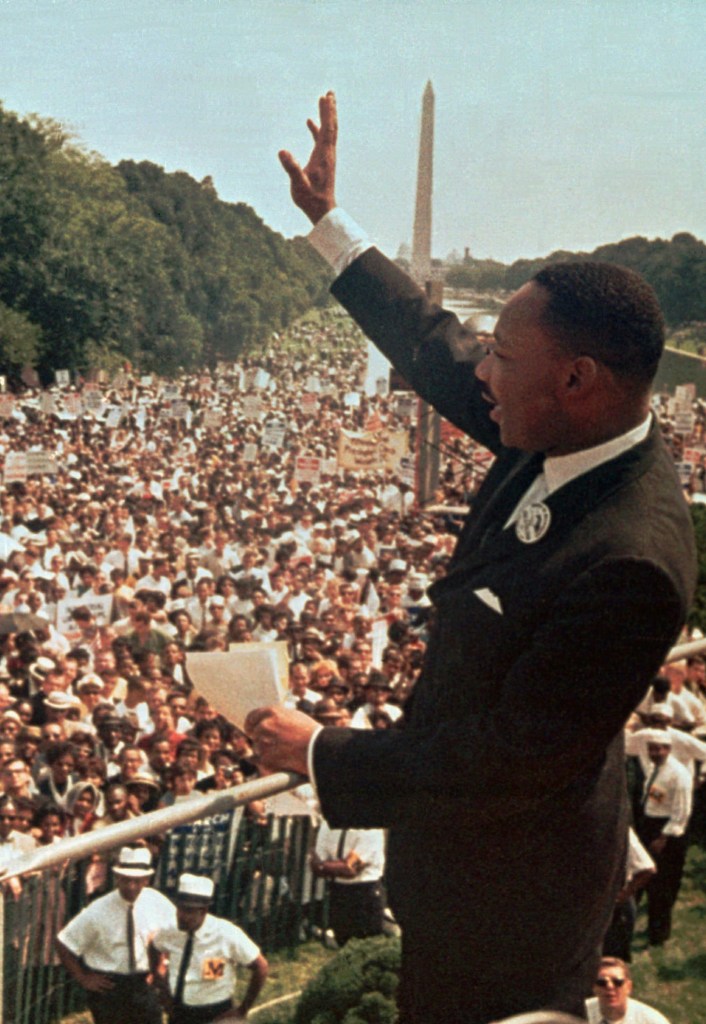
King waves to the crowd at the Lincoln Memorial during his “I Have a Dream” speech. King said 1963 was “not an end but a beginning.”
AP“I Have a Dream”
In the spring of 1963, King organized a protest in Birmingham, Alabama. The event drew nationwide attention. That’s because city police officers blasted participants with fire hoses and let attack dogs loose. King and others were jailed.
After their release, King and other civil rights leaders laid plans for a demonstration in the nation’s capital. The March on Washington attracted more than 200,000 people. On August 28, 1963, at the Lincoln Memorial, King gave his “I Have a Dream” speech. He spoke of a day when all men would be treated equally. King went on to win the 1964 Nobel Peace Prize. He was 35 years old and the youngest person to have received the honor.
Reaching the Promised Land
The fight for equal rights, however, was far from over. On March 7, 1965, demonstrators set off on a 54-mile march, organized by King, from Selma to Montgomery, Alabama. The event became violent when police met marchers with nightsticks and tear gas on the Edmund Pettus Bridge, in Selma. Seventeen people ended up in the hospital. King was not present, but he watched the scene unfold on TV. Soon after, President Lyndon Johnson signed the Voting Rights Act of 1965. The law stated that all citizens had a right to vote, no matter the color of their skin.
On April 3, 1968, King traveled to Memphis, Tennessee, in support of striking sanitation workers. In a speech there, he said, “I’ve seen the Promised Land. I may not get there with you. But I want you to know tonight, that we, as a people, will get to the Promised Land.” The next day, he was shot while standing on the balcony of the Lorraine Motel, where he was staying. The assassination ended King’s life. He was 39 years old. It sparked riots in more than 100 cities. The accused shooter, James Earl Ray, pleaded guilty and was sentenced to 99 years in prison.
“I’ve seen the Promised Land. I may not get there with you. But I want you to know tonight, that we, as a people, will get to the Promised Land.” — Martin Luther King, Jr.
In the United States, King’s birthday is observed as a national holiday on the third Monday in January. On that day, many Americans volunteer at shelters, schools, hospitals, and other community organizations to honor the civil rights leader’s legacy of service and commitment.




